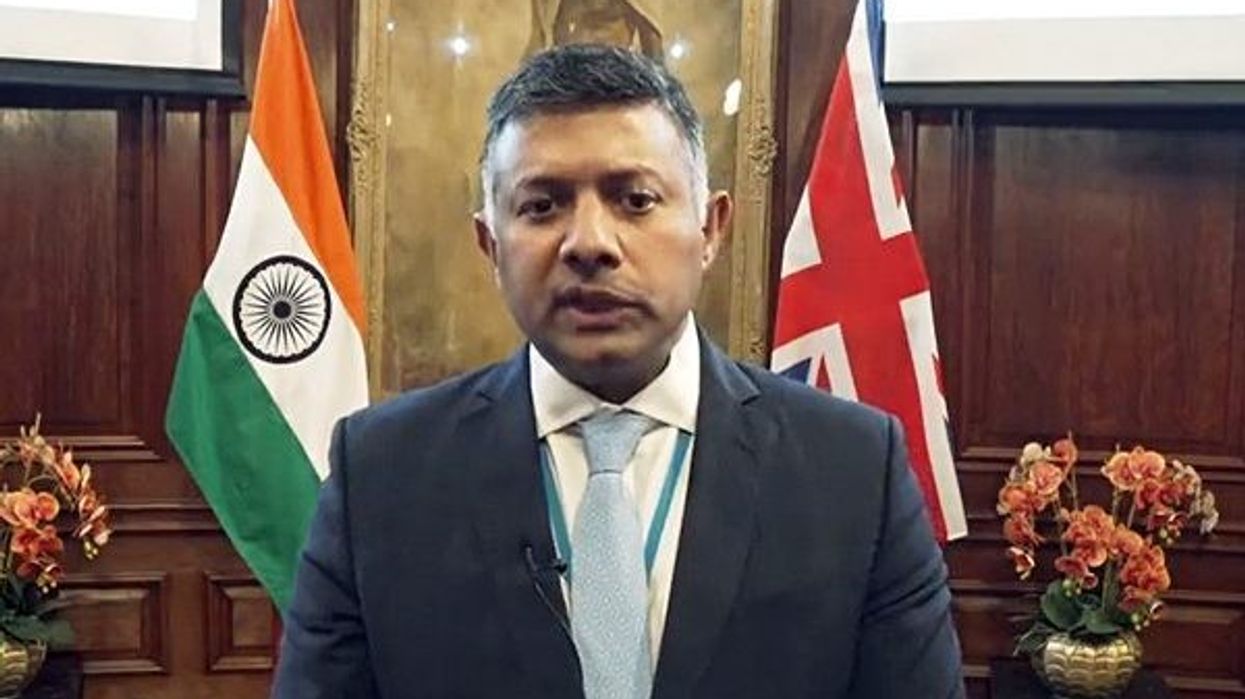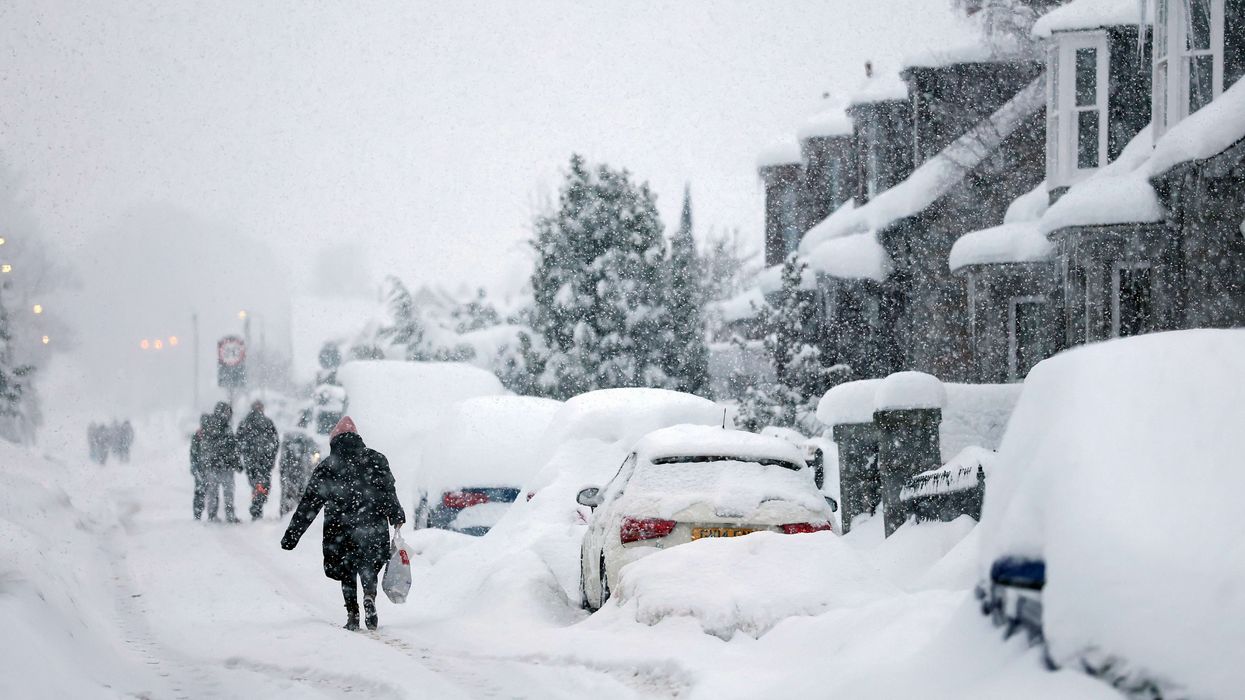INDIAN high commissioner to the UK, Vikram Doraiswami, has said that a global Britain and an internationalist India must be closer partners in this age of geopolitical strife.
"Fortunately, the foundation for ties that transcend our complex history exists: a living bridge of two million Indian-origin Britons, 950 Indian investor firms (the second largest cohort in the UK) and 175,000 Indian students," Doraiswami wrote in the The Telegraph.
According to him, India meets the UK more than halfway without even counting 'chicken tikka masala or curry restaurants'.
"Our mutually beneficial convergence requires a more accurate framing of each other’s realities. Ignorance of the real Indian story is perhaps the proverbial elephant in the room, but this is easily remedied," the top diplomat said.
"After all, it isn’t just 145 million Indians who speak the same English language as Britons; the rest also speak the language of shared values and interests."
Doraiswami noted that foreign media coverage of India can confuse Indians, as the significant changes impacting a billion lives often don't receive the recognition they deserve.
"India is now the fifth largest economy and the world’s largest democracy. From aviation to agriculture, energy to remittances, Indian consumption and innovation makes an impact on global markets. And skilled people of Indian descent contribute enormously to global businesses, technology, healthcare (including the NHS), as well as cricket, and, of course, politics," the high commissioner wrote.
"India today houses the world’s largest start-up ecosystem. Access to the internet is ubiquitous, at uniquely low data prices. This drives a fintech system that is the world’s largest and cheapest by an order of magnitude. Surprisingly, almost none of these mega-trends makes headlines. Depressingly, violent incidents do. Tragic as these are, incidents are not a trend."
In his opinion, the extrapolation of incidents into trends in media includes religious tensions and democratic issues. Certain conclusions from so-called research reports are being criticised for their subjectivity, and if applied universally, they could harm any democracy, including India, he pointed out.
He highlighted that most respondents to the Pew Research report in June 2021 agreed that freedom of religion and respect for religious identity is a core value of India.
He added, "Indeed, on many metrics, evidence-free use of epithets about India seem to have become the norm. It is almost as if social media drives this narrative. Surely this is unfair."













